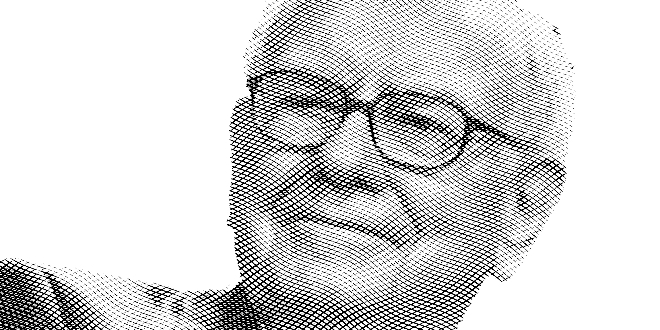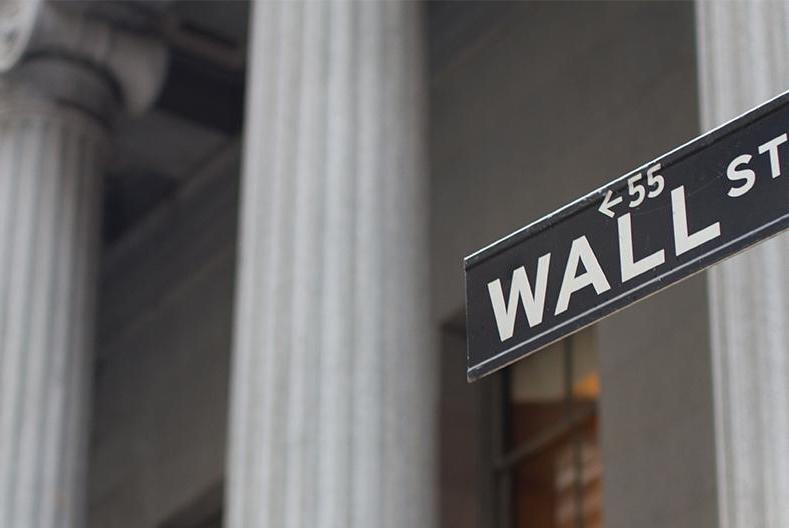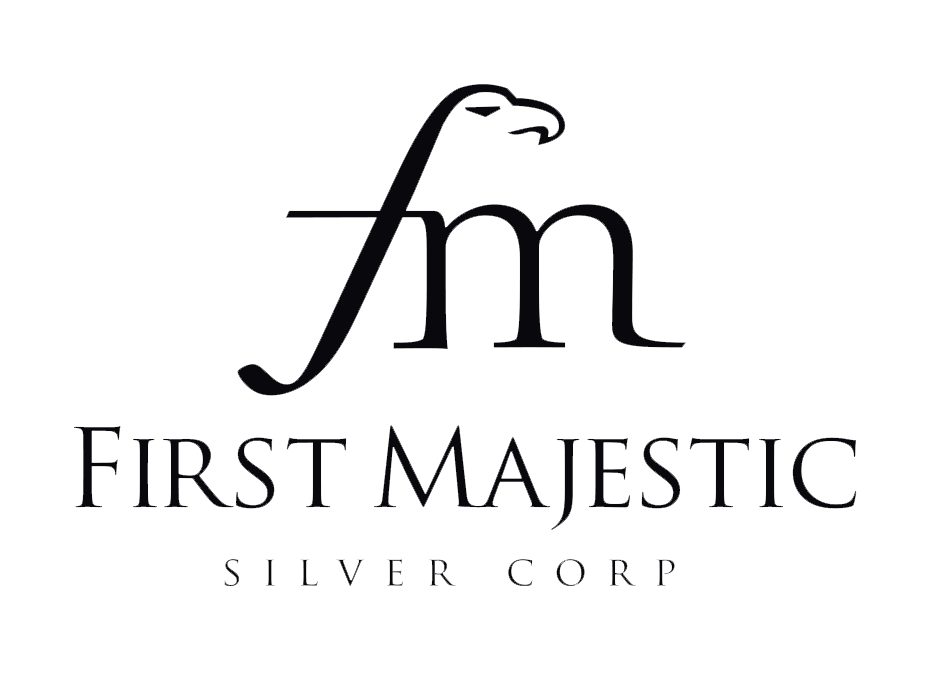by William Smead, Smead Capital Management
There is an old expression, “You can’t see the forest for the trees.” After reading through Warren Buffett’s 2018 Annual Letter to Berkshire Hathaway shareholders twice, we fielded questions from the media folks who reviewed the annual letter by focusing on very small trees mentioned by Buffett.1 Since we are investors first, we viewed this letter from an investment perspective; we aren’t trying to find a connection between this brilliant letter and American politics. To prevent our readers from making the same mistake, we will share the forest in his groves of trees and seek to gain the full benefit of his generous wisdom for long duration Berkshire Hathaway (BRKA/BRKB) shareholders and common stock owners. Short take, we think this is one of Buffett’s best and most optimistic letters.
Berkshire’s Five Groves of Trees
Grove 1
Buffett shared a discussion of the businesses which are owned completely and those where Berkshire owns over 80%. He explained that these wholly-owned businesses, led by BNSF railroad and Mid-American Energy are doing well and have a separate shareholder called the U.S. Treasury. This owner of what Buffett called “AA shares” has reduced its demand for 35% of Berkshire’s pre-tax profit to only asking for 21%. Buffett was emphatic about how much wealth that has created inside the parent company.
Grove 2
The second forest of trees in the Berkshire grove are the 5-10% stakes in publicly-traded securities like Apple, Coca Cola, Bank of America and American Express. He emphasized the massive amount of retained earnings and stock buybacks these companies are doing. This can mean nothing in the short run (one to two years), but over five to ten years these attributes and the 20% average return on equity should prove to be a bonanza.
Grove 3
Berkshire owns large stakes in Kraft Heinz, Bercadia and Pilot Flying J. Berkshire gets to pass through earnings (or write downs in Kraft’s case). The media, which we read yesterday, very much focused on the Kraft Heinz hiccup, because bad news sells. However, an investment worth $14 billion is less than 3% of Berkshire’s market cap.
Grove 4
Berkshire owns a massive amount ($120 billion) of nearly-riskless Treasury and other fixed income securities. Despite their low interest rates, this financial strength gives Buffett a huge advantage over other private equity buyers (all-cash buyer) and unbelievable power in the property casualty and other Berkshire insurance businesses (massive claims paying ability). It also allows Berkshire to be a buyer of high-quality businesses in deep market declines and financial panic situations like 2008. Remember his editorial in October of 2008 in The New York Times titled, “Buy American I Am.”2
Grove 5
Mr. Buffett loved on the float created by the insurance operations of Berkshire Hathaway. The premiums from insurance are paid up front and claims come in sporadically later. We call it OPM (Other People’s Money) and it is a glorious thing. Have you ever bested an insurance company? We think the only way to do that is to die right after buying life insurance (quite a hollow financial windfall).
What does Buffett want you to take away?
The intertwined Forest Groves are powerful. The financial strength makes every other part stronger. If a big bargain on a wonderful company becomes available, either in part or whole, you can buy. If you face insurance regulators, they are happy. If founding shareholders want to cash out, but want their dear employees to continue the business, you have a cash buyer of huge size with an urge to perpetuate the long duration success of the business.
BRKA/BRKB is severely undervalued
Buffett gave a primer on how to compute the intrinsic value of the Berkshire shares. In the opinion of Smead Capital Management, it is significantly undervalued!
Warning for investors
At the same time, Buffett warned investors about the curse of over-popularity getting attached to the stock of a very good company:
On occasion, a ridiculously-high purchase price for a given stock will cause a splendid business to become a poor investment – if not permanently, at least for a painfully long period.
We call that having Pedro Sanchez’s wildest dreams attached to your stock. He also warned of companies playing loose with accounting for equity compensation as an expense (which it is) and using gimmicks to try to paint an “operating profit” much higher than GAAP accounting would demand. We believe these kinds of chicanery are most common among high-flying e-commerce companies!
Ignore negative nabobs
We personally love these letters from Buffett, because we share his sense of humor. He pointed out that negative nabobs (Warren included himself as a younger man) have been predicting that U.S. budget deficits would ruin our economy and stock market since Bill Smead started in the investment business. One of the members of the Reagan administration got kicked out in the early 1980s and has since made a career out of predicting that budget deficits would ruin us. The business media organizations treat negative nabobs like they add value over time. Instead, Mr. Buffett emphasized what he calls the “American Tailwind” and taunted the nabobs to defy it.
Expect irregular rewards: measure in long duration
We love what Buffett said we should all focus on in looking at Berkshire and it heartens us as we own small parts of 26 companies fitting our eight criteria for stock selection.
Our advice? Focus on operating earnings, paying little attention to gains or losses of any variety. My saying that in no way diminishes the importance of our investments to Berkshire. Over time, Charlie and I expect them to deliver substantial gains, albeit with highly irregular timing.
To outperform the S&P 500 Index, you must accept “highly irregular timing.”
Have confidence in his team
This letter causes us to be very excited about the vice chairman running the insurance operations, Ajit Jain, and Greg Abel, who oversees the operating businesses. Buffett says the businesses are much better because Buffett handed off that responsibility. However, we are still disappointed by not hearing from or viewing the track record of Todd Combs and Ted Weschler. They will be the men who pick stocks and review private business purchases. We believe that the discount to intrinsic value is closely associated with the confidence we all have in Buffett and Mr. Munger in stock/business selection. Did anyone have confidence in the King who followed Solomon in the Old Testament days?
In conclusion, we came out of his letter loving our sizable position in BRKB and owning our other 25 common stock holdings. We are in sync with Buffett as he explained what they seek to do when buying businesses at Berkshire Hathaway: “to buy ably-managed businesses, in whole or part, that possess favorable and durable economic characteristics. We also need to make these purchases at sensible prices.” All we say to that is, Amen.
Warm regards,
William Smead
1Source: Berkshire Hathaway Annual Letter
2Source: The New York Times
The information contained in this missive represents Smead Capital Management’s opinions, and should not be construed as personalized or individualized investment advice and are subject to change. Past performance is no guarantee of future results. Bill Smead, CIO and CEO, wrote this article. It should not be assumed that investing in any securities mentioned above will or will not be profitable. Portfolio composition is subject to change at any time and references to specific securities, industries and sectors in this letter are not recommendations to purchase or sell any particular security. Current and future portfolio holdings are subject to risk. In preparing this document, SCM has relied upon and assumed, without independent verification, the accuracy and completeness of all information available from public sources. A list of all recommendations made by Smead Capital Management within the past twelve-month period is available upon request.
©2019 Smead Capital Management, Inc. All rights reserved.
This Missive and others are available at www.smeadcap.com.














